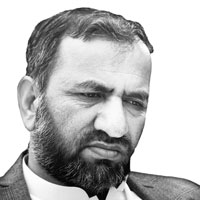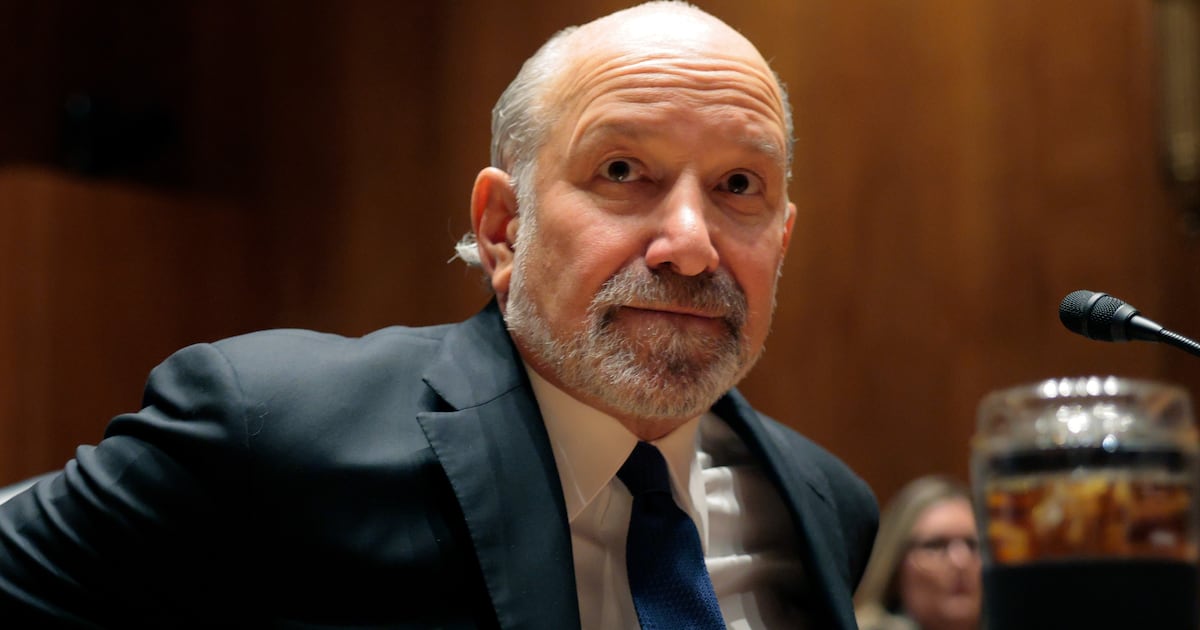The Ramadan morning began with an enormous explosion in Kabul, right at rush hour near the Afghan capital’s embassy row. The boulevard in Wazir Akbar Khan district is one of the busiest in the city, filled with pedestrian traffic as well as cars coming and going to the offices of diplomats, the American military, and Afghan government officials. More than 80 people were killed and hundreds injured, many of them severely, and, as it happened, virtually all of them were Afghan citizens, from street vendors to soldiers, traffic cops, bank clerks, and workers in the telephone company.
“I have not seen or felt such a massive explosion in my life,” says journalist Ghusodin Ferotan. “There was a jolt like big earthquake, followed by huge terrifying bang and a gust that blew me from the place where I was sitting to a place several meters away.”
Who did this? The Taliban, who were deposed by the American-led invasion in 2001, and who have been fighting back ever since, denied any involvement in this bombing. So the press is conditioned to wait for partisans of the so-called Islamic State, ISIS, to claim responsibility, as they are inclined to do whenever there’s a massive and unexpected terrorist attack almost anywhere in the world.
But Afghan veterans of the many Afghan wars are, to say the least, skeptical. As one former leader of ISIS in Afghanistan told The Daily Beast on background, there appears to be an agreement, whether tacit or explicit, for the Afghan Taliban and the allied Haqqani Network operating out of Pakistan to carry out this kind of attack, then have the mysterious minions of ISIS claim it.
The group that claims to dominate the ISIS “governorate” of Khorasan that supposedly straddles the Afghanistan-Pakistan border does not have the kind of logistical or operational skills to carry out an attack like the one Wednesday morning, according to the former ISIS leader.
I asked why ISIS has to claim someone else’s attack?
The former operative offered a cynical response. The group wanted “to pull the wool over the eyes of ISIS in Syria and Iraq, and show they are active and operational, so the organization will send them some money.”
The identification with ISIS, he said, also draws attention away from the most likely perpetrators, the Taliban and the allied Haqqani Network, both of which operate out of Pakistan.
A senior aid to Afghan President Ashraf Ghani, whose office windows were shattered by the blast, also agreed that the Taliban, despite the group’s denials, were behind the new attack and leaving it to ISIS to claim, especially since the civilian casualty count was so high.
“Today’s enormous explosion absolutely was a Haqqani Network type attack,” Ghani’s aide told The Daily Beast. “ISIS [in Afghanistan] cannot carry out such a large and sophisticated attack.”
An Afghan intelligence officer with experience investigating other such attacks in Kabul says he simply does not buy the Taliban denial. “Last year militants attacked the biggest Afghan military hospital and more than 100 were killed,” he said. “The Taliban denied it was responsible and ISIS claimed it, but within a few hours we established that the whole cell behind the attack was Afghan Taliban based in Peshawar, Pakistan.”
The so-called Islamic State has no clear strategy in the Af-Pak region, but the Taliban’s aims are clear: to challenge what they consider the Western occupation forces and Ghani’s “puppet” regime, showing up its weakness and its inability to protect the population.
To that end, a claim by ISIS is as good as any, as long as the attack in the heart of Kabul shakes the confidence of the people who live and work there. And this is especially true at a moment when the Trump administration is trying to shore up the government with additional money and additional troops.
“This is a good response to the United States,” said a Taliban militia commander named Naqib Jihadwal, without directly claiming responsibility. “You can pour in billions of dollars, but we won’t lose sleep over it. If Ghani thinks the fight is only going on in remote areas, he’s wrong about that. We will be right under his nose.”
“Our response is simple: the U.S. approves $5 billion extra to fight the Taliban, and the Taliban approve a big bomb in Kabul,” said Jihadwal.
I asked why, in that case, the Taliban don’t claim the attack.
“We will take the apple even if it grows on an orange tree,” he said.
Several Afghan Taliban sources tell The Daily Beast it’s very important to attack in the cities to show, as Jihadwal put it, “how helpless and hopeless the regime security forces are.”
This attack was close to one of the most heavily secured parts of the city. When what appeared to be a sewage tanker truck blew up, the embassies of Germany, Britain, France, Iran and Turkey were close enough to feel the blast. So were the Presidential Palace and the Defense Ministry.
Jihadwal said the point is to show the Afghan Taliban are still a force to be reckoned with. Despite the loss of some of their top leaders they have not slowed down, and they continue to have public support, he claimed.
“Without public support running such an insurgency would be unfeasible,” Jihadwal told The Daily Beast. “Of course the Afghan government says Pakistan, Russia and al Qaeda are supporting us, but without local support we could not carry out any operations.”
Taliban sources say that in the summer fighting season this year the offensives in the south and north of the country are to be followed by attacks in the cities and by cutting major highways, with the pace of combat picking up after Ramadan.
Another Taliban source says the group is getting new weapons. “We have gotten a good number of rifles with night vision sights to use in special operations,” he told The Daily Beast.
Whoever was behind the attack in Kabul, the attack proved all too well that Afghan government forces remain vulnerable, and unable to protect their own people, whether in the countryside or in the cities.






